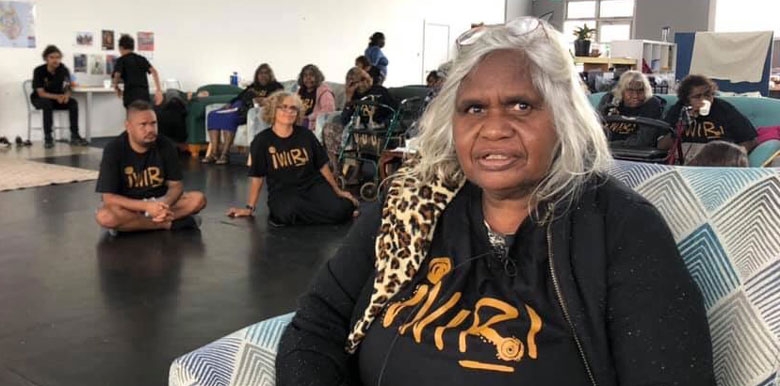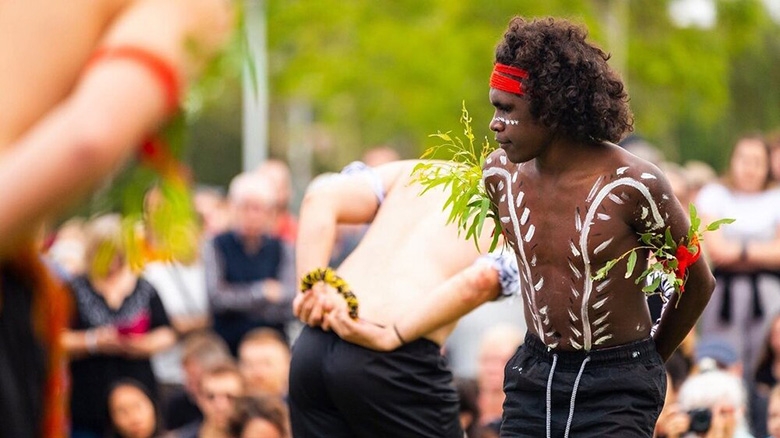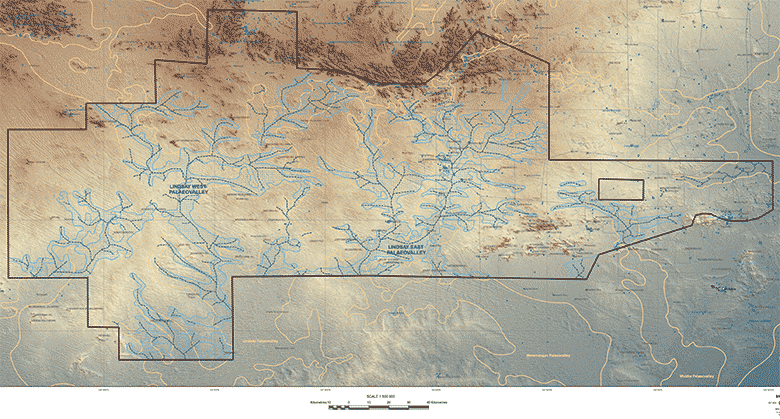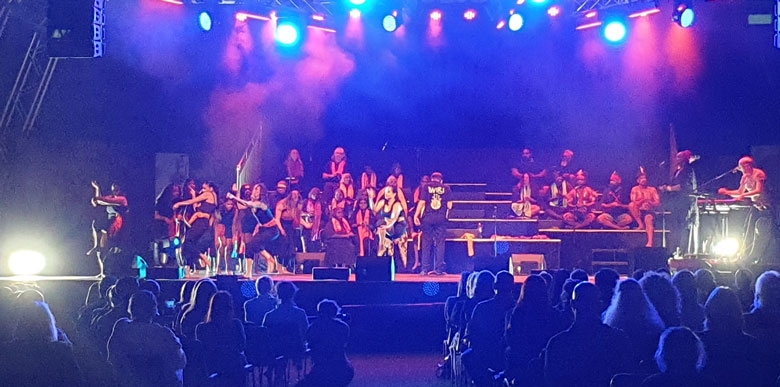Grounding Aṉangu in Adelaide
While supporting Adelaide-based Aṉangu through arts, language, knowledge, culture and community, Iwiṟi Aboriginal Corporation is itself growing strong.
Adelaide, South Australia: Aṉangu are traditional owners of country in the Western Desert, in and around the APY Lands (lands of Aṉangu, Pitjantjatjara, Yankunytjatjara). Some Aṉangu live in Adelaide due to kidney disease or other chronic issues of health and wellbeing; some move for educational and other opportunities. Recognising that many Aṉangu are isolated from their wellsprings of spiritual vitality, in 2018 a group of Aṉangu set up Iwiṟi Aboriginal Corporation to serve their Adelaide-based community.

Tjulyata Tjilya, former co-chair of the board of Iwiṟi Aboriginal Corporation
Former co-chair of Iwiṟi, Tjulyata Tjilya, says:
When we chose the name Iwiṟi, I was thinking about Iwiṟi as a root from a tree. There is a large tree, and like a large tree there are roots, so we are like a root coming down to Adelaide.
Iwiṟi’s purpose is to give the Adelaide-based Aṉangu community a voice, support its wellbeing, generate employment opportunities and sustain Aṉangu culture. Its work covers five elements: arts, language, knowledge, culture, and community.

Selwyn Burton performing inma (cultural dancing).
The corporation works to sustain its own community, and generates income through translation and interpreting services, live performances of its choir and cultural dances, Pitjantjatjara language teaching and so on. Despite the challenges of Covid, which meant isolating in the Adelaide hills for much of 2020, Iwiṟi is growing bigger and stronger. In 2020, along with South Australian Indigenous Dance Collective, Iwiṟi won $4000 for the ‘rites of passage (women)’ category in the national competition Dance Rites.
In January 2021, Iwiṟi made the news for its translation of a geological map of palaeovalleys (ancient underground valleys) that still contain water, and which could be a future source of water for APY communities.

Map of APY Lands showing palaeovalleys and underground water—Iwiṟi Aboriginal Corporation translated it into Pitjantjatjara
On 20 February as part of the Adelaide fringe, Iwiṟi performed in the collaborative show inma (cultural ceremony) with Electric Fields and the South Australian First Nations Dance Collective.

Inma performance at the Adelaide Fringe festival, 20 February 2021. Photo credit: Albert Jamae, Channel 44
The show sold out and received a thunderous standing ovation.
As well as all those achievements, Iwiṟi piqued our interest because of its stated commitment to good both-ways governance. Its website says that ‘Iwiṟi has a core focus of strong and participatory governance and decision making.’ In conversation, Iwiṟi co-chair Aaron Ken added to that, describing how the corporation honours both Aṉangu and corporate governance:
We try to do things differently. All our board members are Aṉangu, from the Lands—though we're talking about recruiting independent directors, to add some skills we don't have. We often think about it in terms of 'which hat am I wearing now?' But that's not a true representation because, really, we never take the Aboriginal hat off. It's more like plonking an extra white hat on top.
Culturally, we don't make decisions as individuals, and even as a board, we need to consider what ramifications our collective decisions might have for the community. We need to bring ease to the community, and allow people in the Lands time and space to talk about things, to contemplate, and ask questions, before they give us an answer. It's no good having a rigid schedule. We need to bring structure to the conversations—but gently, without disrupting the flow. What drives our corporate governance is the same thing that draws audiences to our performances: authenticity. We need to keep tapping the wisdom of the old people.
It's wonderful to witness a small corporation drawing such strength from its roots, and steadily, carefully growing.
If you've missed all their live performances, keep an eye out for Iwiṟi dancers in ‘Just wow’, a television campaign advertising the resort at Uluṟu.